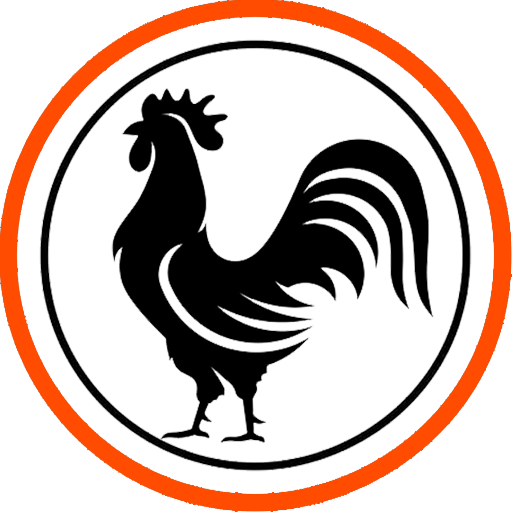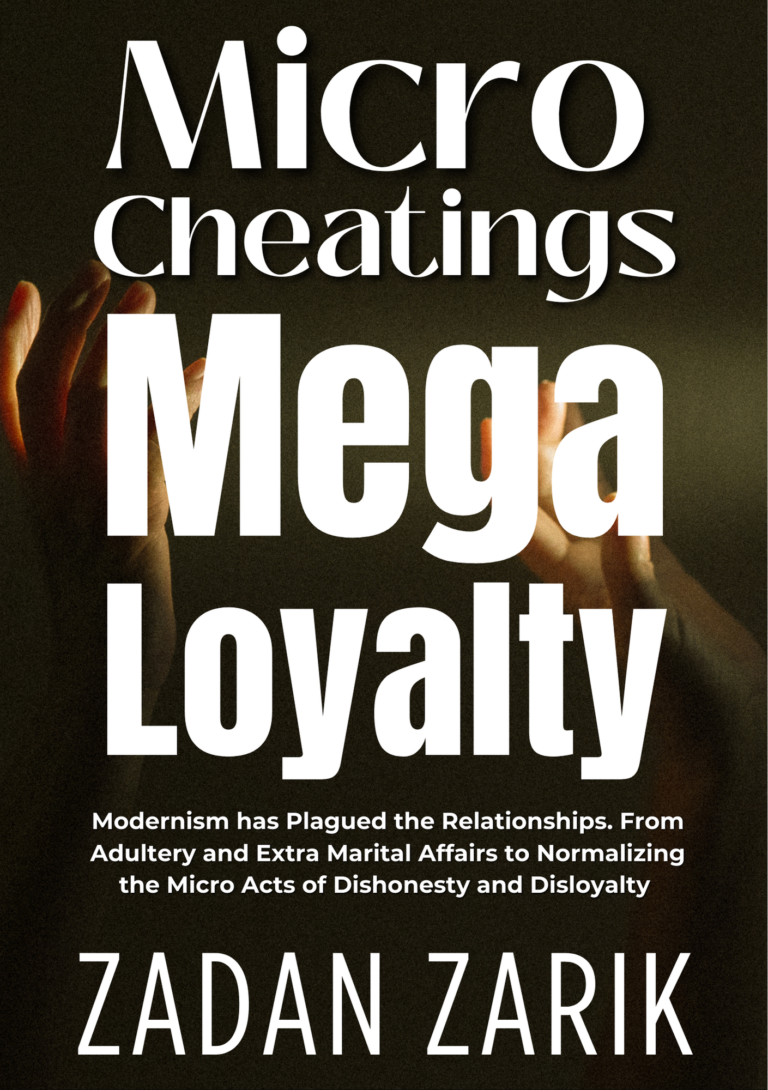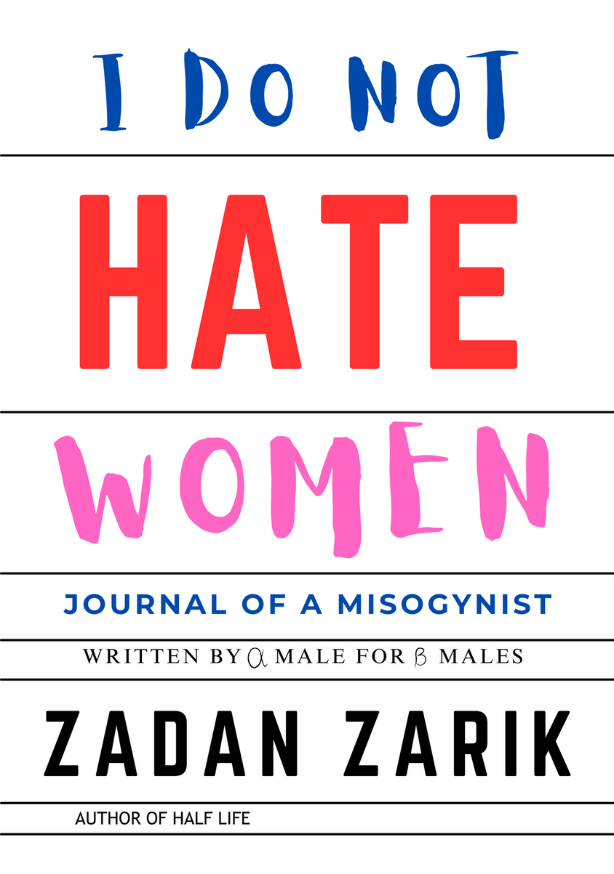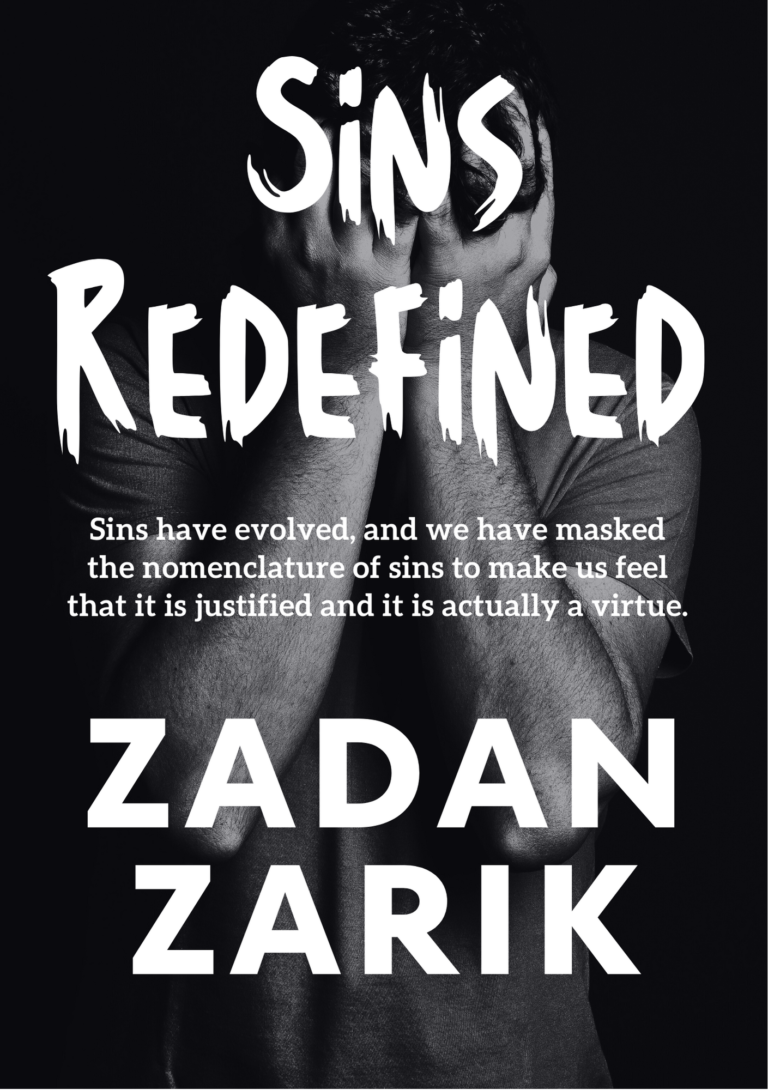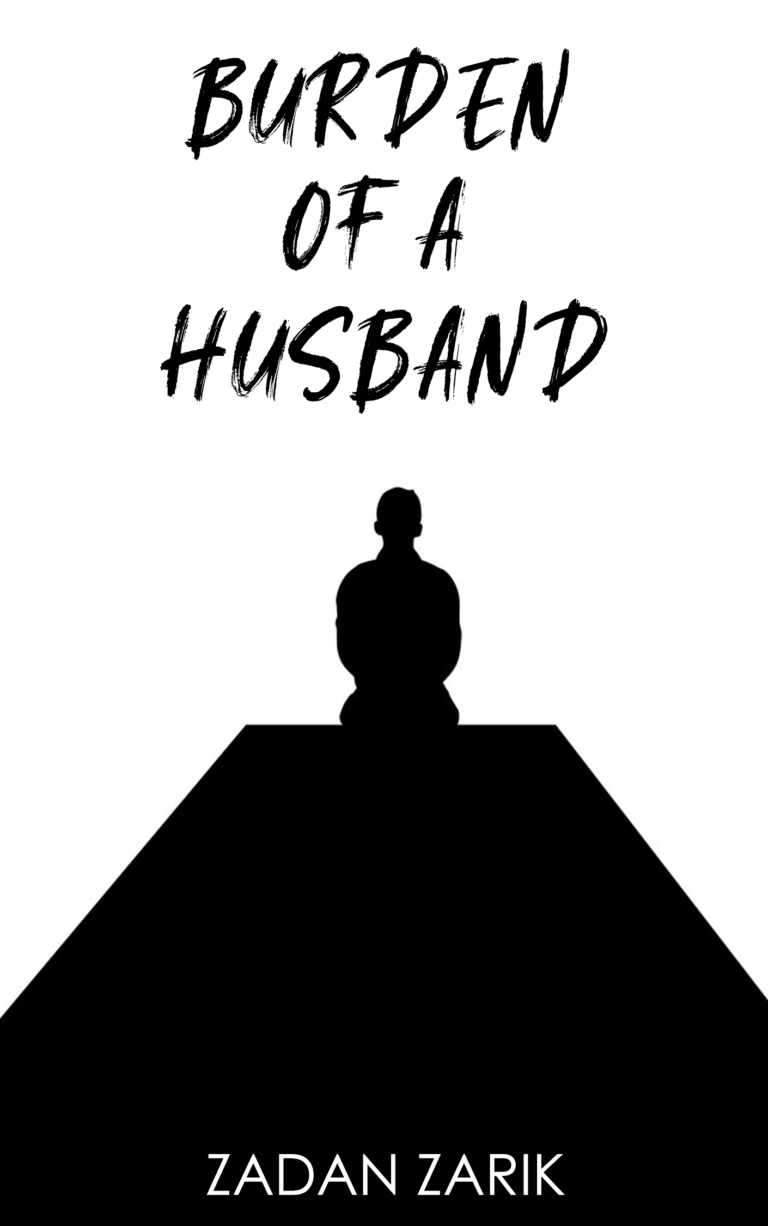Names are just fictional characters with real stories.
It was a chilly Saturday morning of last November, when Alvina first noticed something was off. She had just come home after a long week of work. It was her body that was craving for rest and her mind eager for a quiet weekend. But as she plopped down onto the couch, she found her partner, Zurich, hunched over his phone, deeply engrossed in a text conversation or might be commenting on some post. At first, Alvina didn’t think much of it. They had both been busy lately, and Zurich always had a habit of checking his phone in the mornings. But there was something about the way he smiled at his screen. Something about the glint in his eyes stopped her in her tracks.
It wasn’t just a casual exchange. Alvina saw Zurich’s expression softened and his laughter lingered in the air. The way he responded… It didn’t feel entirely right. It wasn’t a grand betrayal, not by any stretch of the imagination, but an unexplainable unease was building in her chest.
She told herself she was overreacting. After all, they trusted each other. There had never been any reason to question their relationship. But the more she thought about it, the more she realized something had shifted. It wasn’t about physical infidelity; it wasn’t even about any one moment. It was the small things. The harmless-sounding texts. The lingering jokes. The way Zurich seemed to invest more energy in someone else, emotionally, than he did in her. The tiny behaviours that, while insignificant on their own, have added up to something that made Alvina feel… distanced. We all do so! We all are humans. We all have senses, emotions and feelings and 6th sense or gut feeling.
I still remember how Alvina felt at that moment. She wasn’t angry. She wasn’t even sure what to feel. It was more like a quiet realization. It was a gut feeling that something had subtly slipped into their relationship without either of them acknowledging it. That’s when I first heard the term “micro-cheating”. It wasn’t a word I had ever thought about before, but it described exactly what Alvina had experienced: the small, often unnoticed actions that, over time, can lead to emotional betrayal.
It was only later, after speaking to Alvina and reflecting on my own experiences, that I began to realize how common this was. Micro-cheating isn’t about grand gestures or physical infidelity. It’s not about passionate affairs or wild flirtations. It’s the minor, seemingly innocent behaviours like the lingering looks, the hidden texts, the emotional investments and many other similar acts that create tiny cracks in the trust between two people. The things we do, often unconsciously, undermine the bond we thought was solid.
That realization sparked something in me. The more I learned about micro-cheating, the more I recognized how easily it could slip into relationships without anyone realizing it. It wasn’t about accusing people of being unfaithful; instead, it was about understanding how these subtle actions could erode trust. More importantly, it was about figuring out how to prevent it.
In this book, I want to help you recognize how micro-cheating can appear in your relationships and give you the tools to safeguard against these small betrayals before they become bigger problems. It’s not about living in fear or suspicion; that is something else. This is about building loyalty and trust in ways that go beyond the obvious. It’s about creating an emotional connection stronger than any fleeting temptation.
You can protect your relationship from these tiny bombshells by understanding micro-cheating and how it manifests. I aim to create a “mega loyalty” that transcends the trivial distractions of the modern world and helps your bond grow deeper, stronger, and more resilient over time.
As you read through the book, you’ll learn to identify micro-cheatings in a very easy way. The requirement is you read it slowly. You will learn why it happens and how you can build a foundation of trust that won’t crack when these pebbles hit. It’s not just about avoiding betrayal but about cultivating something greater. Something greater is a commitment that withstands small challenges and flourishes despite life’s distractions.
So, whether you’re in a relationship now or preparing for one in the future, I want this book to guide you through the delicate dynamics of loyalty in today’s world. It’s about the little things that make a big difference.
